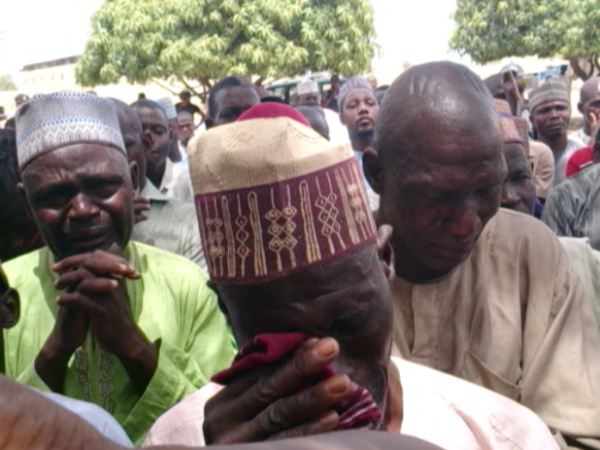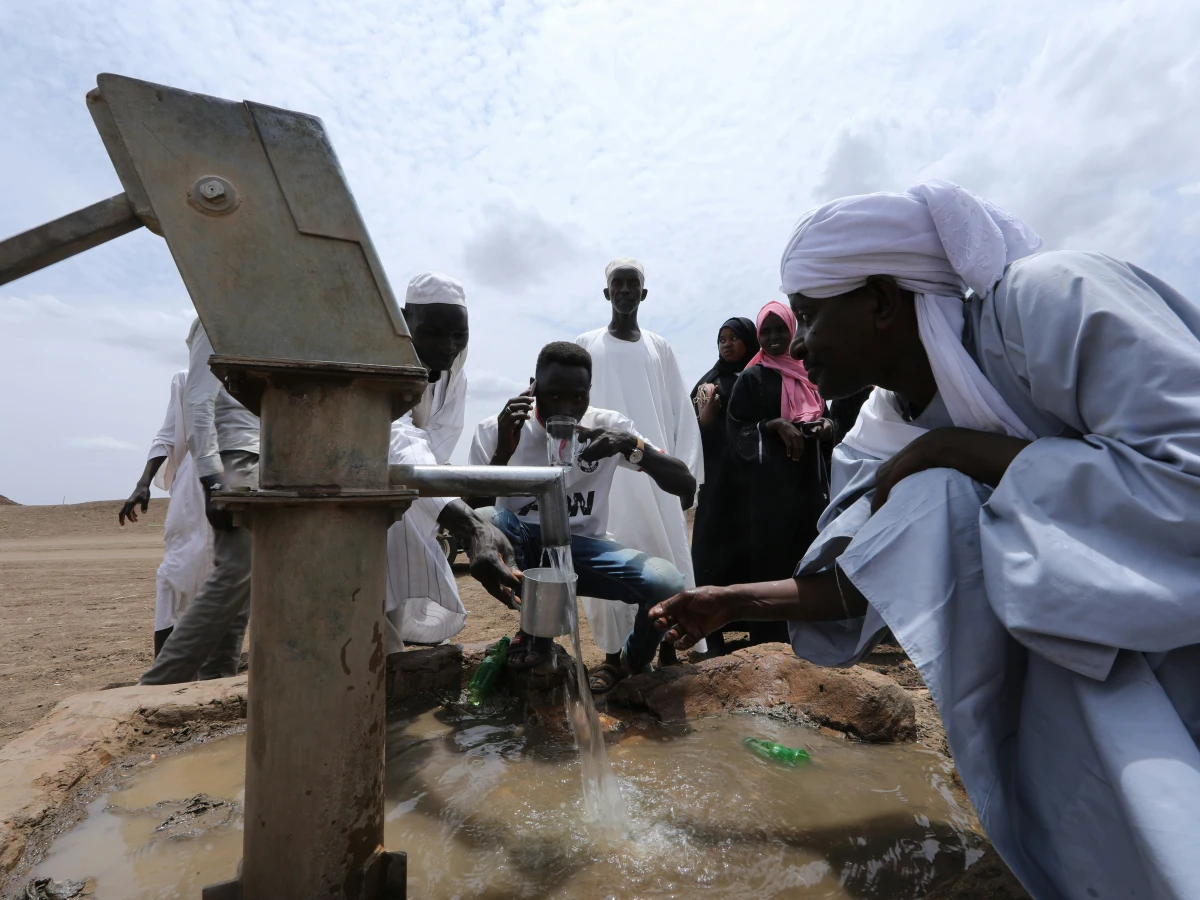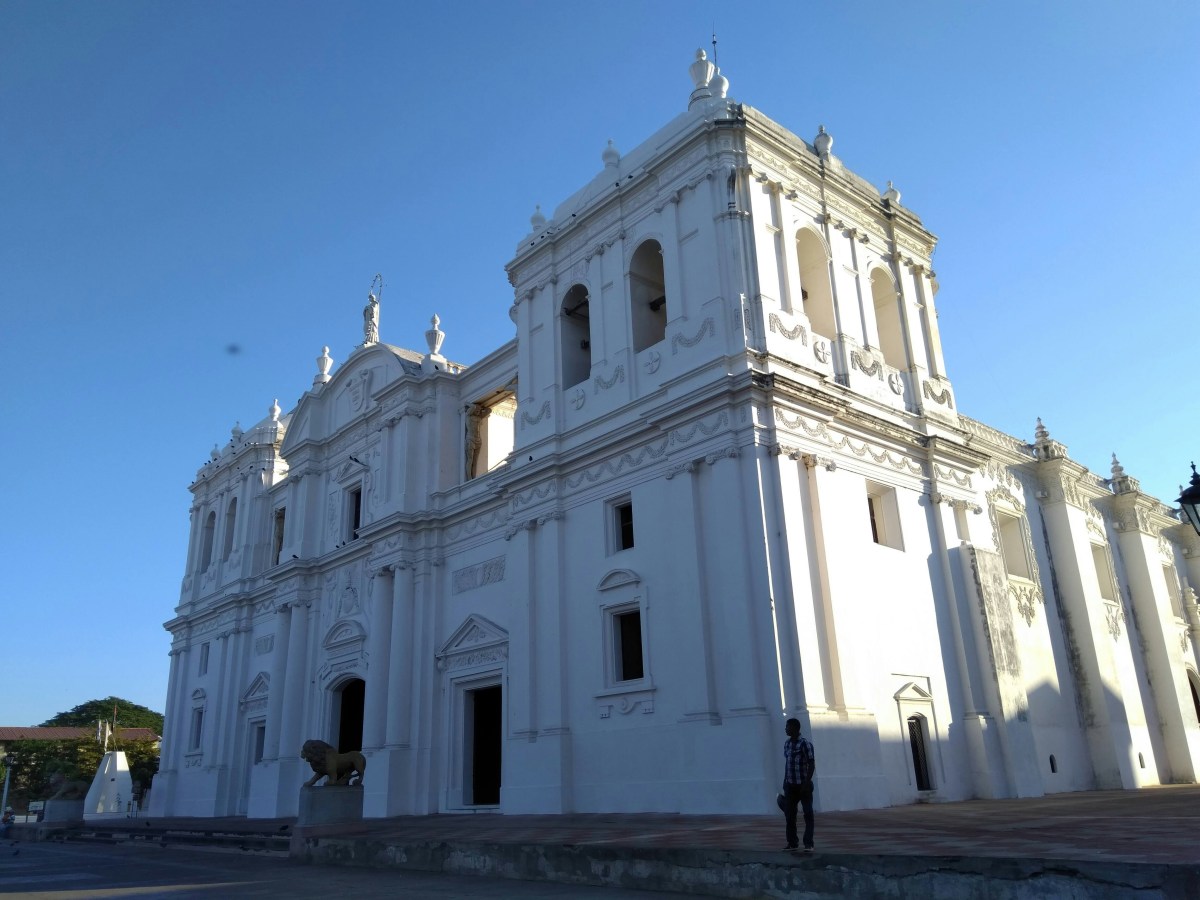Three quarters of the world’s population lives in countries with severe restrictions on the right to freedom of religion or belief (FoRB) – in fact, it’s one of the most widely-violated human rights in the world.
This blog is all about FoRB; how to better understand the different aspects of this often-overlooked right, the situation in countries where this and other rights are violated – and the perpetrators and victims at the centre of it all.
Expert analysis by members of CSW’s advocacy team, who work in over 20 countries across Asia, Africa, the Middle East and Latin America, will put a spotlight on FoRB issues in the news and CSW’s research.






